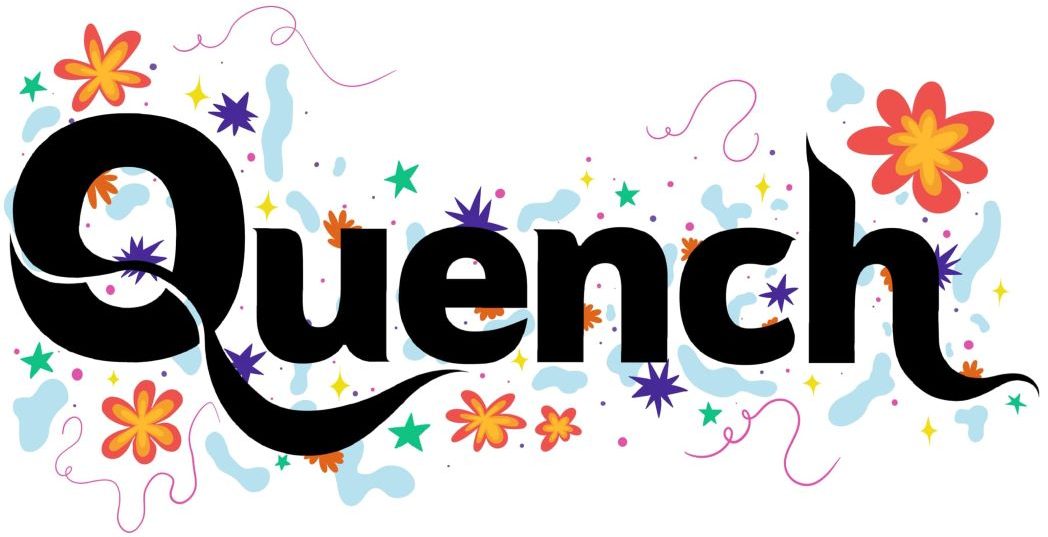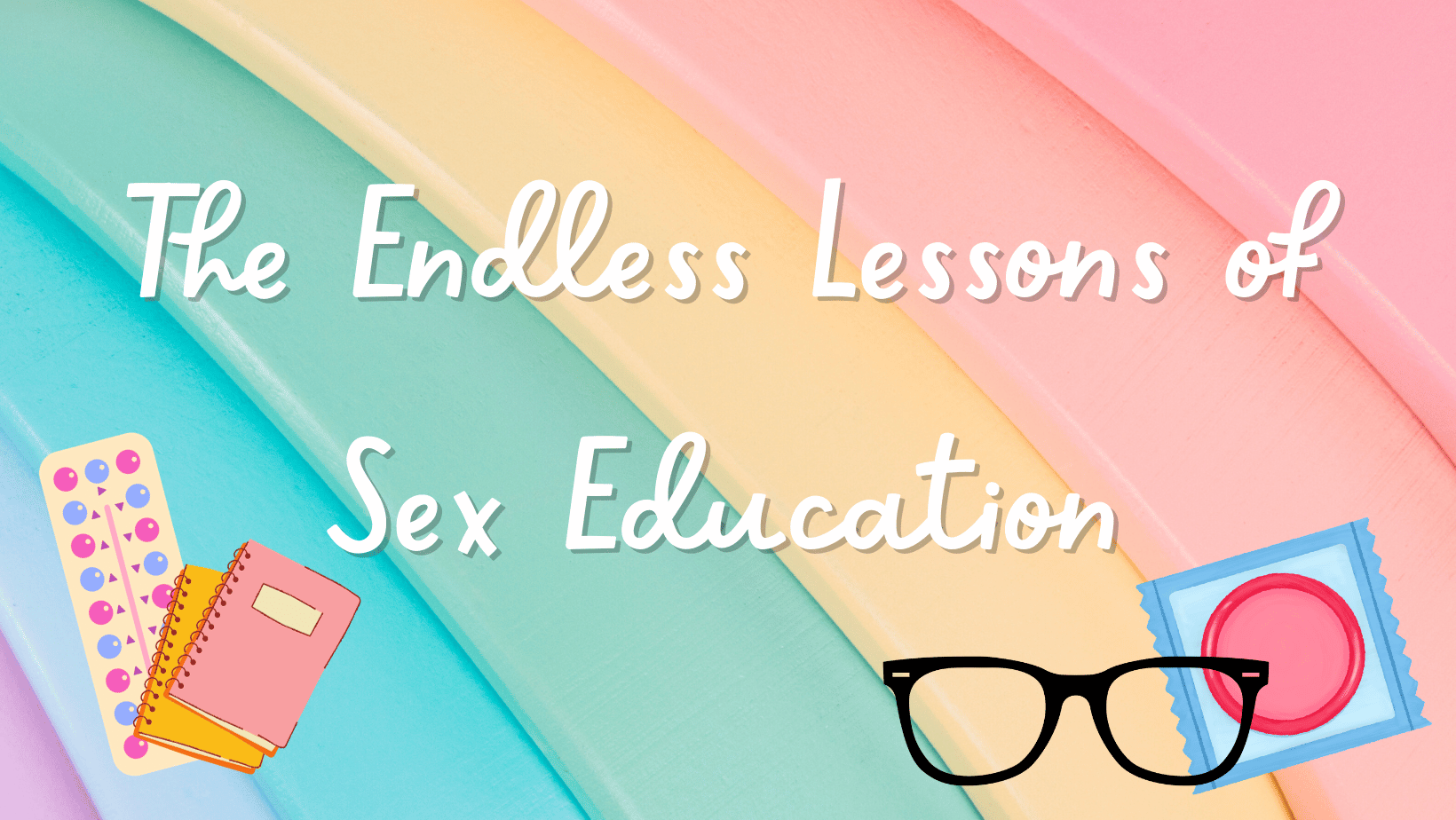For over four years, Sex Education has entertained us with never-ending drama, love triangles and shocking plot twists, yet what it means to me is almost entirely due to the development of the loveable character Aimee Gibbs. The platform that the series secured gave the writers a responsibility that I feel they approached tastefully, exploring the impact of AimeeÔÇÖs sexual assault with such rawness and reality, depicting her changing relationships with intimacy, anxiety, and her own body.┬á┬á
As a teenage girl, I cannot begin to explain the importance of feeling represented by Aimee in mainstream television. It shed light on something too many women have sadly suffered in silence. For a long time, sexual assault has been assumed to look one way or constitute as just one thing, which AimeeÔÇÖs story, and the conversations it provoked, both on screen and in real life, helped to challenge refreshingly. She emphasized the importance of validating experiences of sexual violence, which others, but most importantly we ourselves, can often overlook.┬á┬á
Despite the mixed reviews of season four, it is impossible not to be moved by AimeeÔÇÖs final moments ÔÇô finding joy again as she expresses herself through photography, symbolically dancing around her burning jeans.ÔÇ»ÔÇ»ÔÇ»
Words by Isobel CoxÔÇ»┬á
When the series Sex Education first came out, I was in Sixth form. Now, I am about to graduate from university. The show, a celebration of diversity and the beauty of growing up, has in some ways chartered my coming of age. After first hitting Netflix, everyone was talking about it. The strange setting of the faux American high school in rural UK, full of weird and wonderful people. Extreme stereotypes, almost caricatures, of the jock, the nerd, and the princess: yet with refreshingly human vulnerabilities. Everyone knew something special was beginning
Sex Education set a motion for change in the way our generation should approach sex by encouraging emotional openness. The show taught us to communicate, continuously demonstrating how a problem shared is a problem halved, as well as empowering us through knowledge. Through its provocative plotlines, SE educated the audience on many sexual health realities, which was a refreshing format after stuffy and often uninformative school biology lessons.  
The character who impacted me most was Maeve Wiley. Through her, the show explored the gendered hypocrisies of slut-shaming and the harmful nature of judging a book by its cover. The backstory of MaeveÔÇÖs rejection of a boy leading to a long-lasting nickname of ÔÇ£cockbiterÔÇØ, depicts how women are unfairly forced to bear the brunt of sexually implied shame in society. In contrast, young men get to wear their conquests (even false ones) like a badge of honour.
Amidst an epidemic of prejudice and misogyny, especially within educational settings, Sex Education removed the stigma surrounding sex and brought it back to its core: pleasure. Focusing on pleasure for all, regardless of sexual orientation, gender, race, disability, or socio-economic background. It shows that no matter what we look like, who we love, and how we express ourselves, nobody is undeserving of love or sexual pleasure. Hopefully, this show will be the first in a long line of entertainment aimed at enforcing these simple messages and breaking down archaic beliefs. 
Words by Laura Wallace Schjoett

